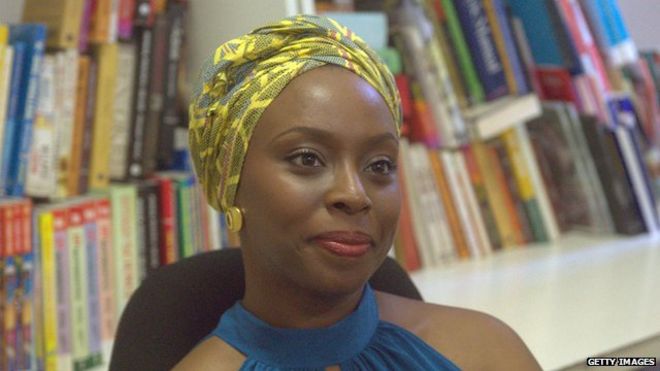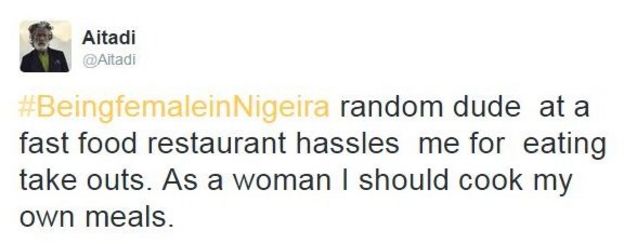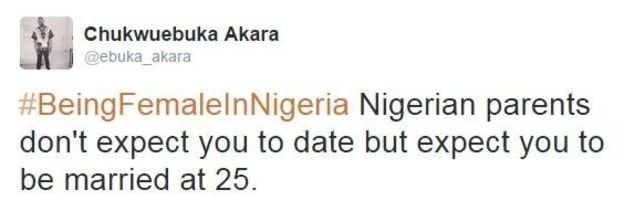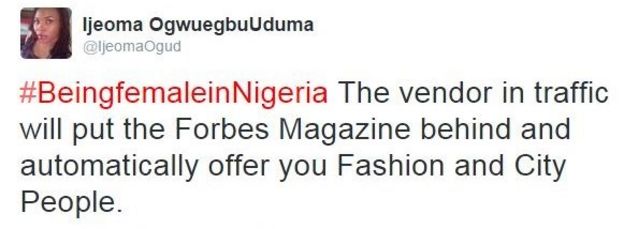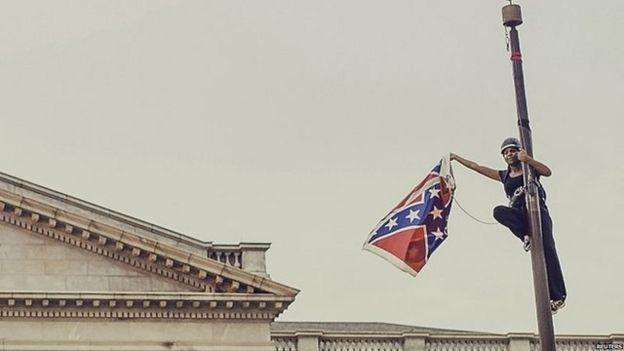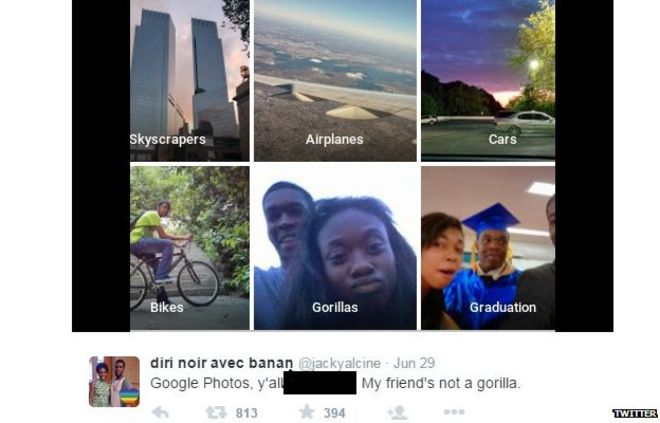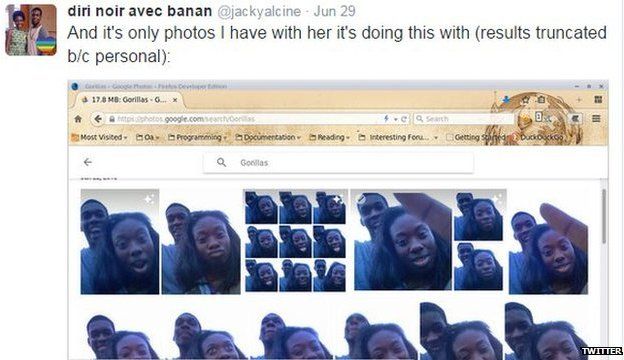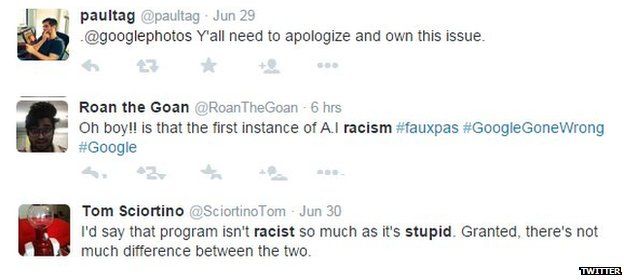- 1 July 2015
- US & Canada
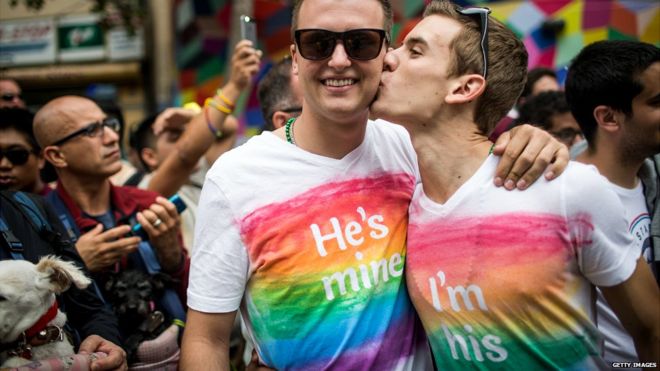
Officials in the US south are resisting last week's Supreme Court ruling on gay marriage by refusing to issue licences to any couples - gay or straight.
Last Friday the court said marriage for all is a constitutional right.
But reports suggest some county offices in Alabama, Kentucky, Mississippi, Texas and Louisiana are trying to find ways around the contentious decision.
Many opponents of gay marriage are preparing for legal challenges over religious objections to the unions.
In Alabama, one judge is refusing to issue marriage licences to anyone, saying that state law merely says they "may" be issued by officials, not that they must issue them.
Wes Allen, a probate judge in Pike County in southern Alabama, told the AP news agency that he is "not in violation of any Supreme Court order".
"We're just going to hold the course and not issue any marriage licences," he said, adding that he believes marriage "is one man, one woman".
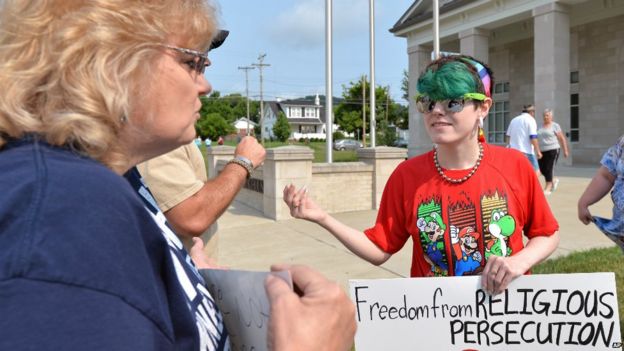
In Kentucky, Rowan County Clerk Kim Davis is another official ignoring the ruling and turning gay couples away from her office.
"It's a deep-rooted conviction; my conscience won't allow me" to grant gay-marriage licences, she told AP. "It goes against everything I hold dear, everything sacred in my life."
Many officials are pointing to religious rights and freedom of speech in a bid to justify their refusal to recognise gay marriage, but some experts doubt such arguments will stand up in the long run.
On Wednesday, a federal judge in Alabama told county offices they must abide by court decisions allowing gay marriage. However, the order does not affect counties that have stopped issuing all marriage licences.

